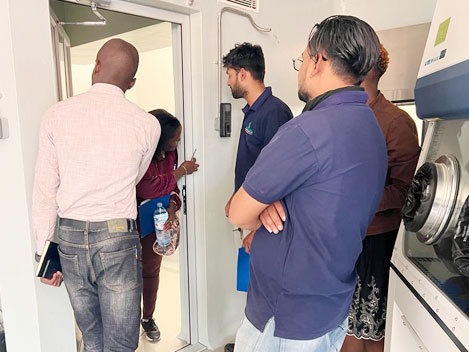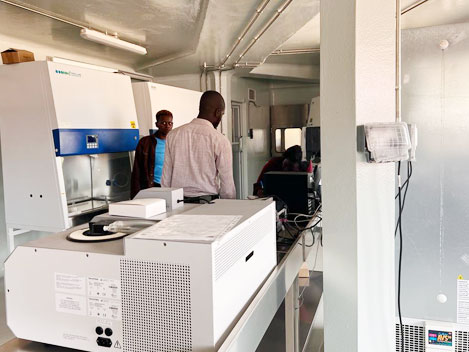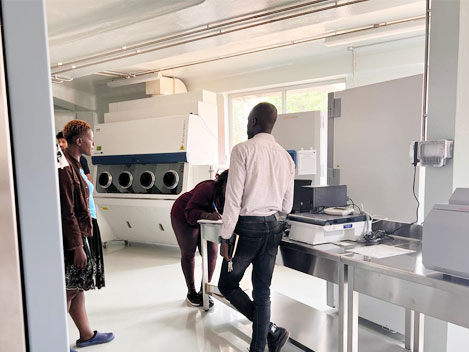The Center for Biosecurity and Global Health recently underwent a comprehensive inspection of its Biosafety Level 3 (BSL 3) facilities. The purpose of the inspection was to assess compliance with safety protocols and standards, with a particular focus on achieving cleanliness class A in all rooms.
The inspection of the BSL 3 facilities highlighted several key findings necessitating significant improvements. Firstly, it was crucial to replace air-tight doors with smooth ones to prevent contamination and ensure safety. Additionally, the removal of the autoclave was deemed necessary to facilitate layout changes and enhance overall efficiency. Redesigning the layout to meet cleanliness class A standards, including the demolition of certain walls and ensuring smooth surfaces, was identified as essential. Furthermore, the HVAC system required redesigning to enhance ventilation and air quality control for maintaining a safe and sterile environment. Lastly, replacing existing lights with fixtures meeting cleanliness standards and providing sufficient illumination was recommended.


